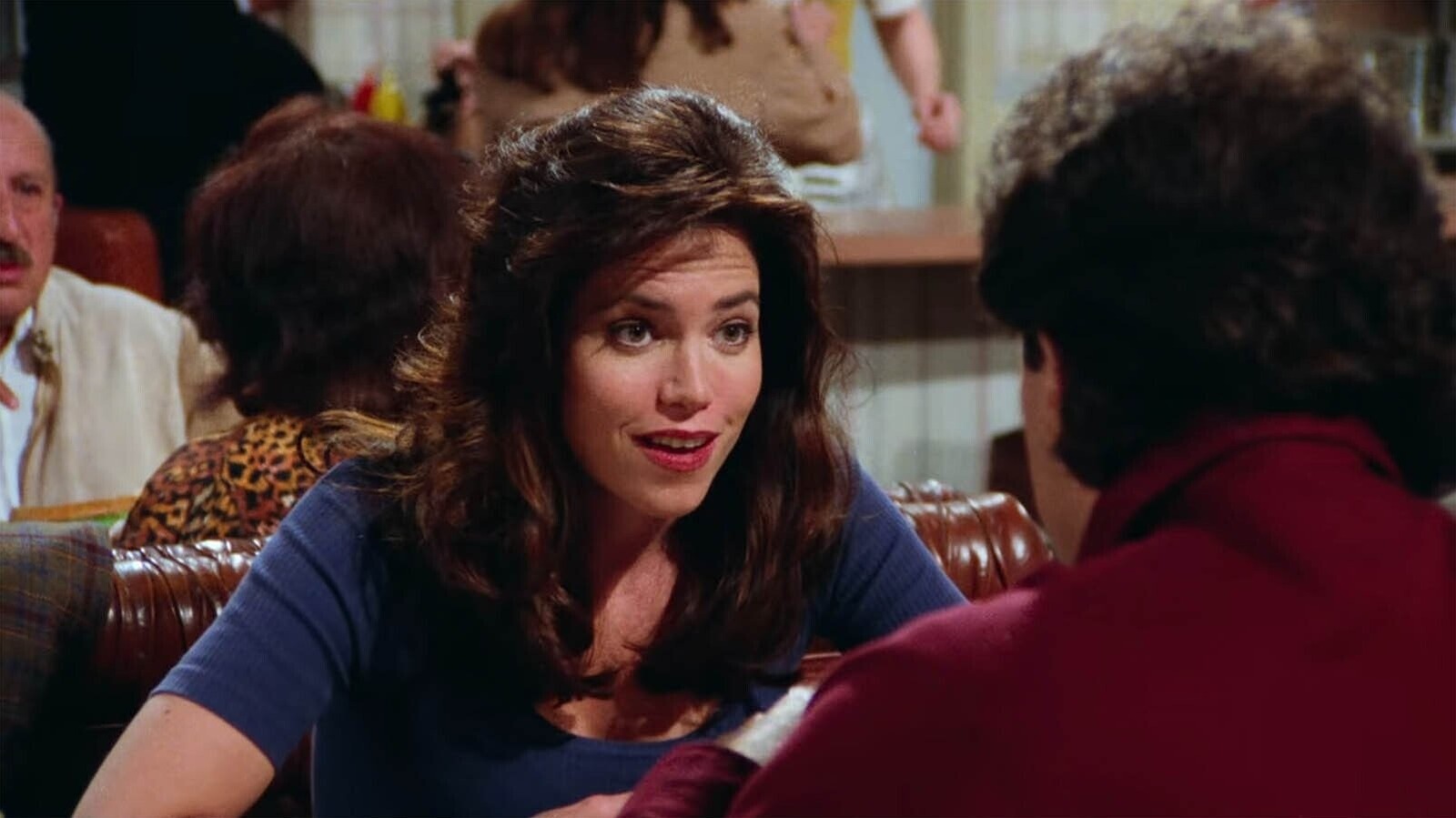In a world that seems ever more dominated by priggish killjoys and performative jerks, there was something refreshingly honest about David Lynch’s announcement confirming that he was battling emphysema. “I have to say that I enjoyed smoking very much,” he wrote last summer, “and I do love tobacco—the smell of it, lighting cigarettes on fire, smoking them.” He concluded, “I am filled with happiness, and I will never retire.”
I never met David Lynch, but as I ran through the checklist in my mind of Los Angeles friends who might be in harm’s way over the past week, I couldn’t help thinking about him. He had several houses in the city, including one on Mulholland Drive featured prominently in his film Lost Highway. And sure enough, I saw on Instagram that he had evacuated. Now comes the news that he has died too soon, at a perpetually boyish 78.
It wasn’t long into Lynch’s filmmaking career that “Lynchian” became an adjective. The word in turn conjured a range of other adjectives to describe his work: weird, disturbing, nonlinear, maybe even perverse. And so it was amusing, over time, to discover how all-American, and almost theatrically straight-laced, the man himself could be.
Lynch’s upbringing was mostly non-coastal. His father worked for the USDA, and their family moved from Idaho to Washington, back to Idaho, then to Virginia and North Carolina. Perhaps his most famous and enduring creation, Twin Peaks’ agent Dale Cooper, was based in no small part on Lynch himself. David Foster Wallace once described the filmmaker as “Jimmy Stewart on acid,” and it’s hard to argue with that—except that I don’t know if he ever did drugs. At least, not beyond tobacco and, if his performance in Twin Peaks as FBI director Gordon Cole is any indication, fine wine.
Lynch got his kicks—and plugged into his unconscious—via meditation, becoming a leading avatar of the Transcendental Meditation movement once championed by the Maharishi Mahesh Yogi. He believed passionately in the value and power of the unconscious, and he poured that belief into his work with a commitment matched perhaps only by the Surrealists of a century ago. The idea for Bob, the quasi-supernatural übervillain of Twin Peaks, first came to Lynch in a dream. He paid attention, and that’s one part of his genius. But the other part came when he was shooting a scene and realized one of the set designers reminded him of his dream. He asked that crew member, Frank Silva, if he happened to have a SAG card. When Silva said yes, Lynch had him try something: a panning shot across a bedroom that ends with Silva sneering at the camera. It wasn’t in the script, but it worked, and the rest is television history.
Before turning to filmmaking, Lynch lived the life of a bohemian painter in Philadelphia. One way of interpreting his films is to say that he’s all about creating images that evoke strong emotions. He’s also an accomplished musical collaborator, most notably with his longtime composer Angelo Badalamenti, and that’s another tool he used to summon emotional responses without needing to resort to boring things like narrative coherence.
But make no mistake: Lynch was a great storyteller too. And if there are films, especially later in his career, that don’t make sense, it’s because he decided they would be more interesting that way. That might make them more meaningful too.
Lynch first achieved notoriety with Eraserhead, a micro-budget indie that he self-financed and shot in Philadelphia with longtime creative collaborators like Jack Nance and Charlotte Stewart. That led to bigger and better opportunities: first, The Elephant Man, and then, in keeping with the time-honored Hollywood tradition of asking visionary auteurs to tackle sprawling popular adventure sagas, Dune. The failure of that project may have harmed the Dune franchise more than Lynch’s career—no one dared revisit it until Denis Villeneuve tried his hand this decade. But it reoriented Lynch’s career, thankfully, toward more human-scale stories.
The famous opening scene of Blue Velvet pictures a perfect suburban white picket fence, then takes us to a close-up of insects swarming under all that flawless grass. That’s one microcosm of Lynch’s worldview. He loved Americana, but he also knew that it was a façade, a ruse, a con job. Human beings are much too dark to conform to such an idealized environment—and not just the obvious psychopaths like Dennis Hopper’s Frank Booth.














